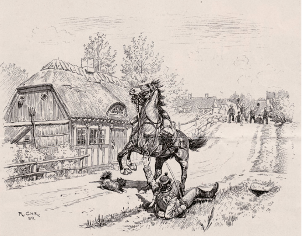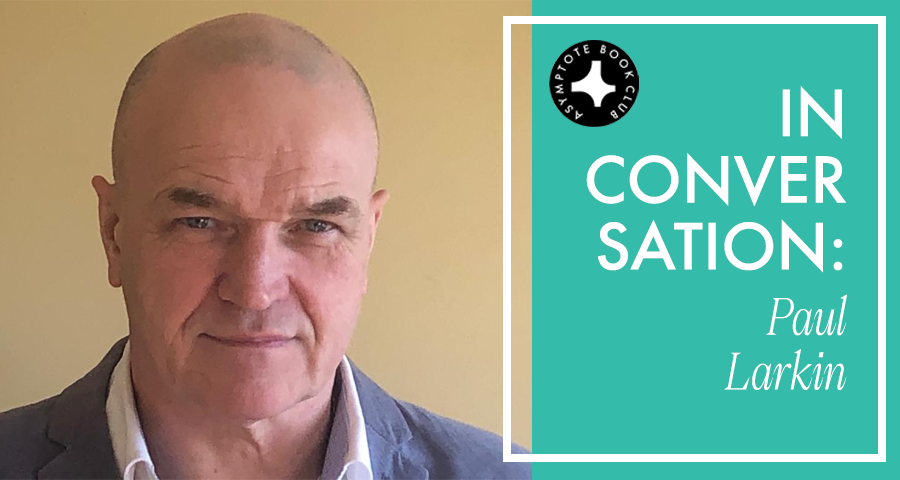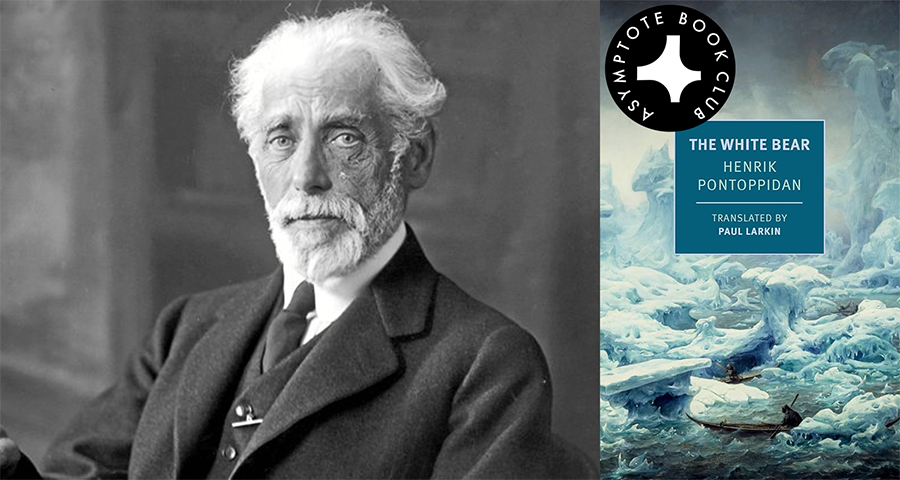Throughout his life and literary career, Henrik Pontoppidan held an unflinching eye on the culture and time that surrounded him, pinning down what he saw as its most spectacular failures in characteristically incisive, comic, and penetrating fictions. This ability to portrait society earned him the Nobel Prize for Literature in 1917, and today, he continues to be hailed by some as ‘Denmark’s greatest realist’. A recently published compilation of his two novellas, gathered under the title The White Bear, was our Book Club selection for the month of June, and in it one finds Pontoppidan at his most reflective and honest, telling the stories of hypocritical morality and doomed love. In this following interview, we speak with translator Paul Larkin about his discovery of this under-celebrated author, Pontoppidan’s relevance in our current political climate, and what individualism means in these works.
The Asymptote Book Club aspires to bring the best in translated fiction every month to readers around the world. You can sign up to receive next month’s selection on our website for as little as USD20 per book; once you’re a member, join our Facebook group for exclusive book club discussions and receive invitations to our members-only Zoom interviews with the author or the translator of each title.
Xiao Yue Shan (XYS): Despite being a Nobel laureate, Henrik Pontoppidan has a relatively low profile in the Anglosphere; could you tell us a bit about how you came to discover his work, and what drew you into translating it?
Paul Larkin (PL): It is actually a deeply interesting question. I first came across Pontoppidan’s works whilst still a young man, working as a deck-boy in the Danish merchant navy. This navy has a very well organised library service, which did not just furnish books to ships but also films and—if I recall properly—audio material, which was mainly in cassette format back then. And this material was by no means all of the ‘tabloid’ variety. Much of it was serious literature, serious celluloid stuff on a 16mm format. By about a year and a half into my service, I had enough Danish to comprehend good writers like Pontoppidan, and the first short story I read was ‘Den første Gendarm’ (The First Gendarme)—see illustration. This had me laughing out loud, as Pontoppidan sends up the timid villagers seeking to somehow get the better of the lone, armed gendarme during a tense period in modern Danish history when the state sought to impose draconian laws. Eventually a barking dog does the job for them. The villagers then concocted their own legends . . .

By the time I got to University, I realised, of course, that there was a lot more to Pontoppidan’s bow than the short story format, social realist tales, and caustic fables. However, it was not until I read the magnificent A Fortunate Man that I resolved to translate Pontoppidan. I am still amazed at how little of his work has made its way into English.




